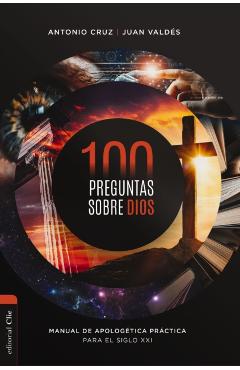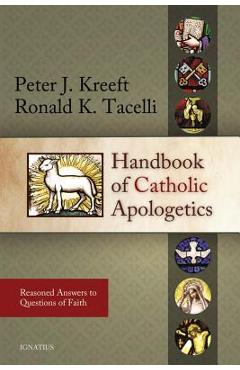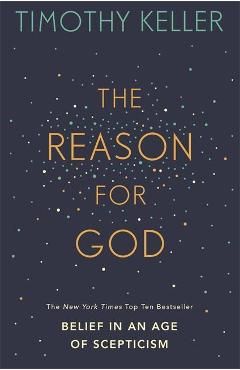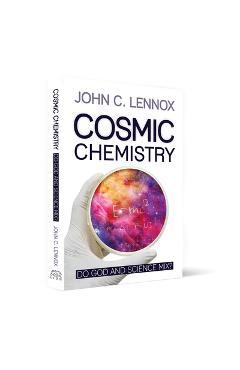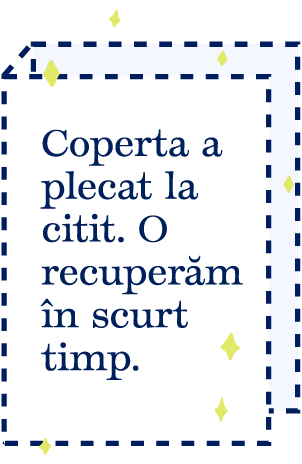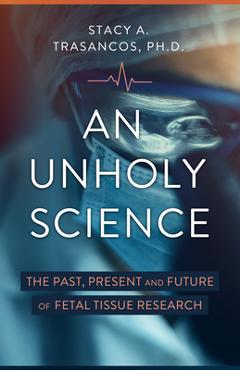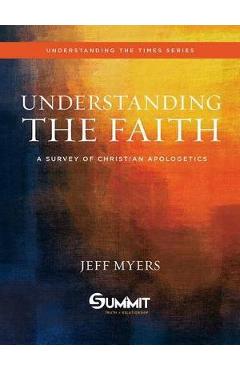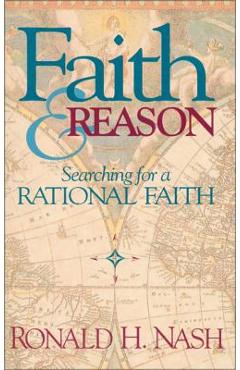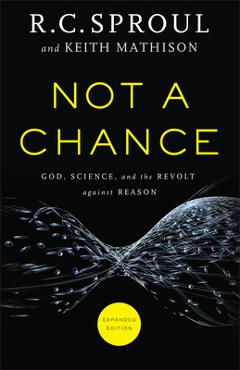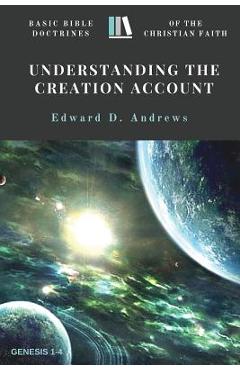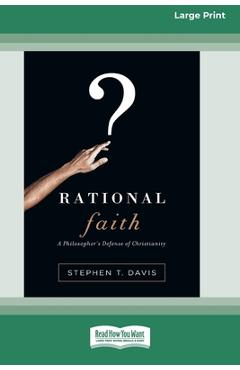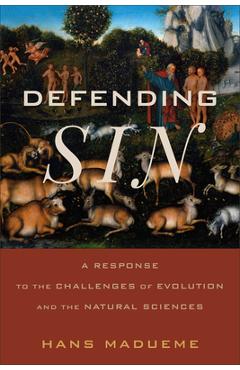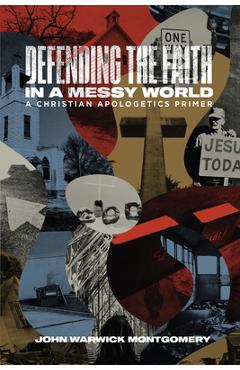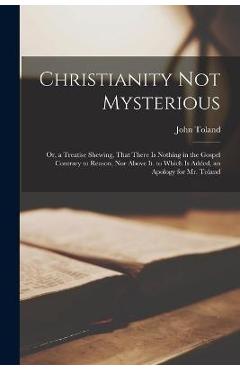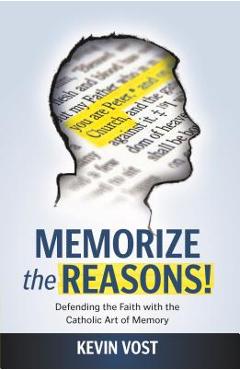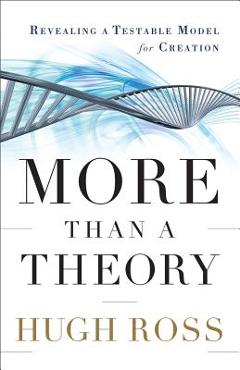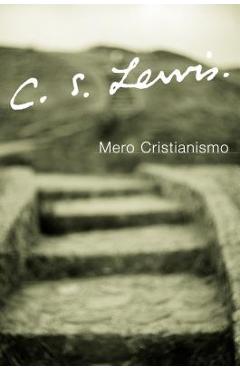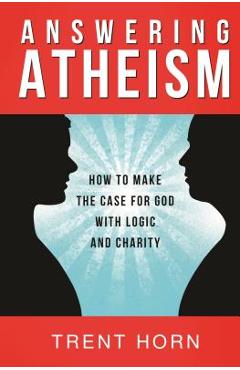35 Questions Christians Ask Scientists
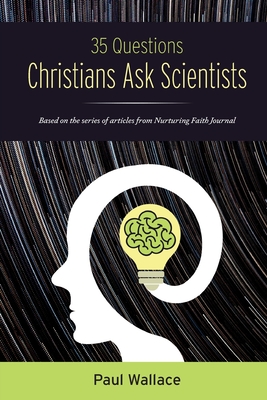
35 Questions Christians Ask Scientists
Drill deep into the heart of matter, and we do not bump into God. Peer outward to the edge of the big bang, and we do not find God. But what we do find is beauty, and plenty of it, all the way down and all the way out. Granted, this is not the obvious beauty of a double rainbow. It builds over time. It takes work. It fills the imagination with light and space and mathematics and existence. But does it fill us with God? With holiness?
... The beauty of the world is not just epiphenomenal froth created by our oversized brains for the purpose of survival in a brutal cosmos. Scientific explanations are fine as far as they go, but sometimes they don't go far enough. Beauty ... is a reliable clue to the secret of the world ... recognition. It is the divine image in us recognizing itself in a world made, and being made, by God.
Scientific study amplifies one's previous commitments. ... If I bring conventional religious belief to science, I will walk away slightly radicalized, knowing the cosmos is a cathedral and that God is not a code or a stamp, not a thing among things. God is instead the ground of all being, the mystery behind the beauty we call "existence." And science can only deepen that mystery; it does not and cannot solve it.
... Some sentimental people believe that the more you know about the universe the less mysterious and wonderful it becomes, but knowledge and wonder do not compete; they cooperate. The more you learn about the cosmos, the more questions you have about it, the more conscious of your ignorance you become, and the more aware of wonder you become. This is the great paradox of learning.
Most religion-and-science dialogue suffers from peoples' overwhelming need, on virtually all sides of the discussion, to be right. This creates an atmosphere that repels those of us who love knowing things but who have also made peace with not knowing things, and with mystery. If this book alleviates this situation even a little, then I will be a happy and grateful author.
PRP: 124.00 Lei
Acesta este Pretul Recomandat de Producator. Pretul de vanzare al produsului este afisat mai jos.
111.60Lei
111.60Lei
124.00 LeiLivrare in 2-4 saptamani
Descrierea produsului
Drill deep into the heart of matter, and we do not bump into God. Peer outward to the edge of the big bang, and we do not find God. But what we do find is beauty, and plenty of it, all the way down and all the way out. Granted, this is not the obvious beauty of a double rainbow. It builds over time. It takes work. It fills the imagination with light and space and mathematics and existence. But does it fill us with God? With holiness?
... The beauty of the world is not just epiphenomenal froth created by our oversized brains for the purpose of survival in a brutal cosmos. Scientific explanations are fine as far as they go, but sometimes they don't go far enough. Beauty ... is a reliable clue to the secret of the world ... recognition. It is the divine image in us recognizing itself in a world made, and being made, by God.
Scientific study amplifies one's previous commitments. ... If I bring conventional religious belief to science, I will walk away slightly radicalized, knowing the cosmos is a cathedral and that God is not a code or a stamp, not a thing among things. God is instead the ground of all being, the mystery behind the beauty we call "existence." And science can only deepen that mystery; it does not and cannot solve it.
... Some sentimental people believe that the more you know about the universe the less mysterious and wonderful it becomes, but knowledge and wonder do not compete; they cooperate. The more you learn about the cosmos, the more questions you have about it, the more conscious of your ignorance you become, and the more aware of wonder you become. This is the great paradox of learning.
Most religion-and-science dialogue suffers from peoples' overwhelming need, on virtually all sides of the discussion, to be right. This creates an atmosphere that repels those of us who love knowing things but who have also made peace with not knowing things, and with mystery. If this book alleviates this situation even a little, then I will be a happy and grateful author.
Detaliile produsului









